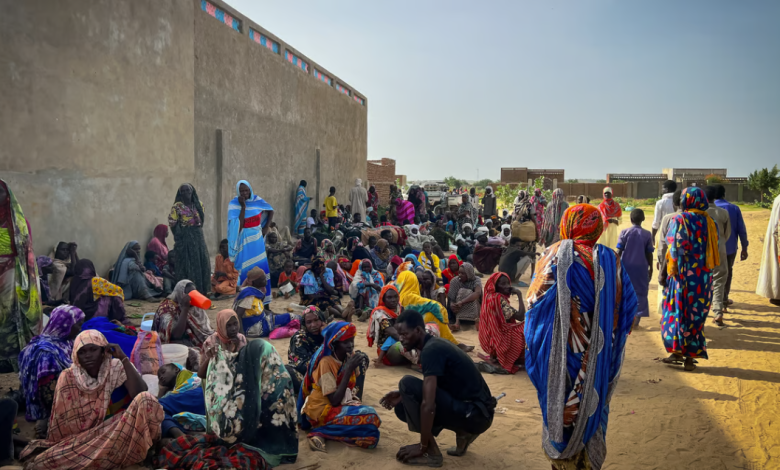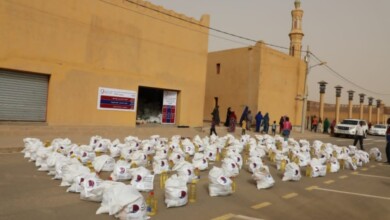An American report predicts hunger and
malnutrition to reach “Emergency Phase” in Sudan

The Early Warning Network “EWN” explained that the ongoing war between the Armed Forces and the Rapid Support Forces is leading the country towards a terrible deterioration in regards to acute food insecurity.
In its latest report, the network stated that Sudan faces the risk of Famine, and noted that the ongoing conflict in the country threatens the ability of millions of citizens to obtain food.
The Famine Early Warning Systems Network “FEWS NET” is a website of information and analysis on food insecurity that was created in 1985 by the United States Agency for International Development “USAID” and the US Department of State, following the outbreak of famines in East and West Africa.
The Network explained that the ongoing war between the Armed Forces and the Rapid Support Forces is leading the country towards a terrible deterioration into acute food insecurity.
The “FEWS NET” shared: “The country faces the risk of a Famine classification (IPC Phase 5), the highest phase of the IPC Acute Food Insecurity scale.” The report predicted further deterioration of the situation into the emergency phase.
The network’s report indicated that there are rapidly escalating high levels of malnutrition and hunger-related deaths among residents and displaced people in parts of West Darfur, Khartoum and Darfur areas where a high percentage of the displaced people are currently residing, such as El-Fasher in North Darfur state.

In the report, the Network predicted that the death toll would increase exponentially more than previously expected, that hunger and malnutrition would reach the State of Emergency (IPC phase 4), whereas some families would be in a phase of “Crisis”, especially in West Darfur, Khartoum, and among the displaced population in hard-to-reach areas in Darfur.
The report pointed out that the displaced people in and around El-Fasher constitute a growing source of concern following the recent escalations of the situation and the announcement made by the Armed Movements in Darfur to fight alongside the Army.
The Network’s report shared that the availability of food at a national level is declining rapidly as a result of the conflict’s impact on local production and imports. The report mentioned that the grain gap is expected to reach (2) million metric tons. In addition to a decline in the informal cross-border trade.





